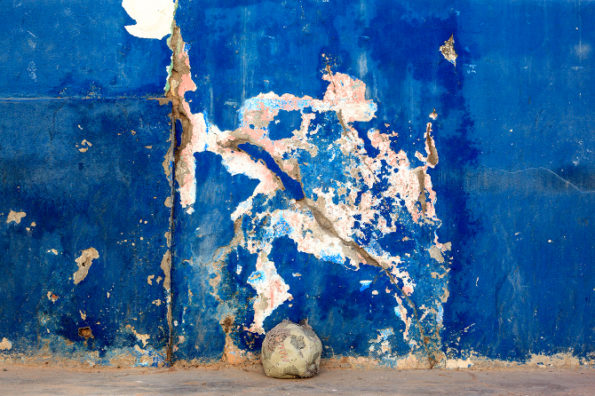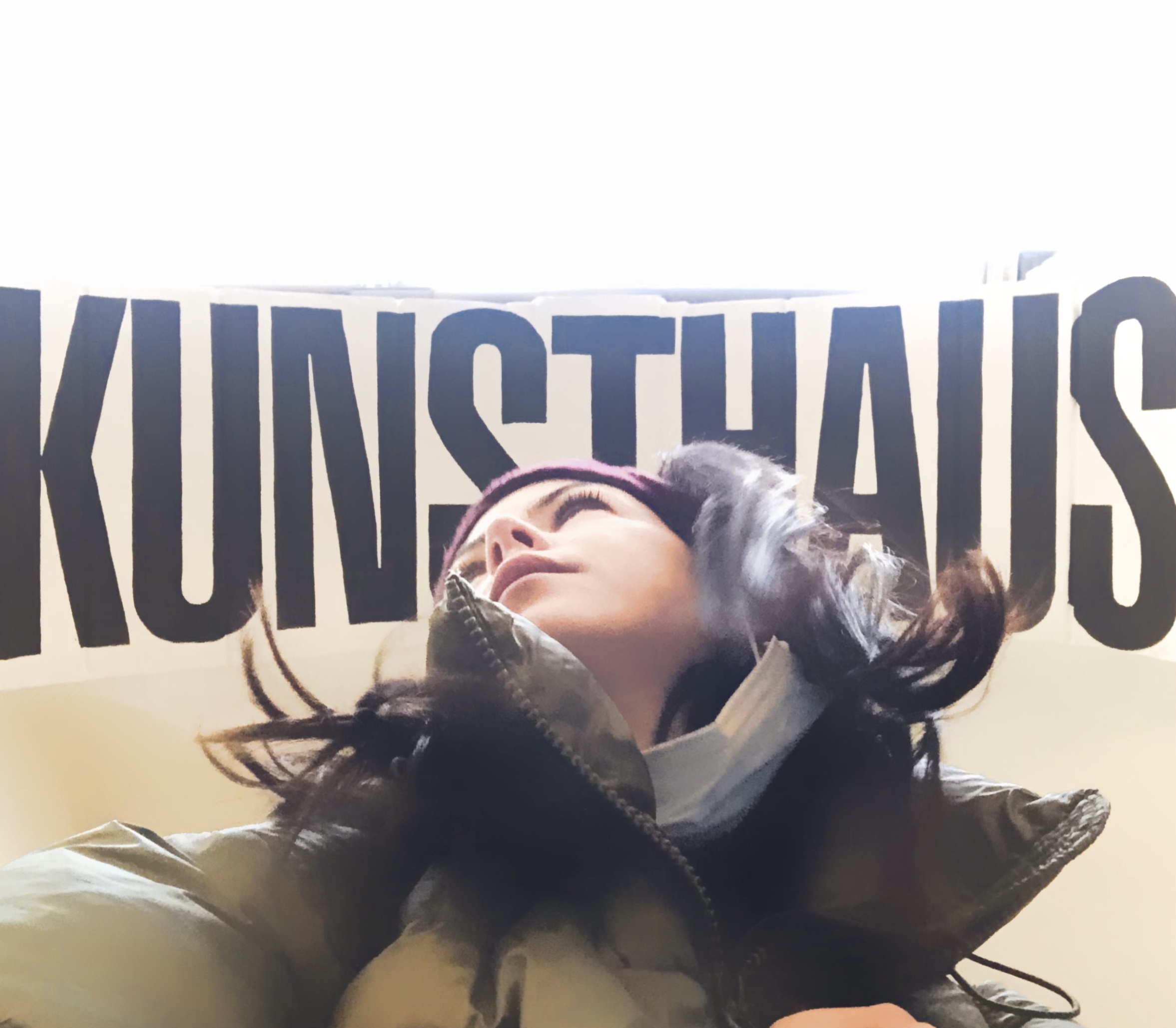Search
To search for an exact match, type the word or phrase you want in quotation marks.
A*DESK has been offering since 2002 contents about criticism and contemporary art. A*DESK has become consolidated thanks to all those who have believed in the project, all those who have followed us, debating, participating and collaborating. Many people have collaborated with A*DESK, and continue to do so. Their efforts, knowledge and belief in the project are what make it grow internationally. At A*DESK we have also generated work for over one hundred professionals in culture, from small collaborations with reviews and classes, to more prolonged and intense collaborations.
At A*DESK we believe in the need for free and universal access to culture and knowledge. We want to carry on being independent, remaining open to more ideas and opinions. If you believe in A*DESK, we need your backing to be able to continue. You can now participate in the project by supporting it. You can choose how much you want to contribute to the project.
You can decide how much you want to bring to the project.

According to the forecasts, the Republic of the Maldives, the planet’s lowest country, will completely disappear under water in the year 2050. If the sunken Venice by Alfredo Jaar promised a hopeful change for Western culture, the disappearance of the Maldives throws us irredeemably towards a dystopic, global future. Is it possible to imagine a utopia that isn’t a post-Western future? (Deep Weather, Ursula Biemann). Since 1989, when the last communist trenches in Europe fell and Western cultures became integrated into a neoliberal global culture, it seems impossible to imagine another future than the one pacted with the consensus of capitalism. The only alternatives seem to be situated within a sort of “insurgent cosmocracy”: all sorts of global insurrection movements clinging to the principles of democratic capitalism. According to Jean-François Lyotard, if only dissent is capable of avoiding subordination, antagonism is the only possible way to imagine a post-capitalist future, and at this juncture, we’ll possibly bump headlong into the rise of new forms of fascism, but we can also see the presence of an encouraging force, one determined to remain exercising dissent: this force is the South.
The proposals of the Republic of the Maldives (Disappearance as work in progress – Approaches to Ecological Romanticism) and the Republic of Angola (Encyclopedic City) for the present edition of the Venice Biennale, though with different perspectives, coincide in certain aspects. Both participate for the first time, with the benefit of being on the periphery, beyond the institutional spaces. Conceptualized by collective curatorship (Chambers of Public Secrets and Beyond Entropy), they use methodologies that have been developed on the global circuit but applied here to local experience.
More than twenty artists participate in the project Disappearance as work in progress – Approaches to Ecological Romanticism, where the Maldives asks about a new moral paradigm, one based, no longer on cultural codes, so much as on nature itself. An eco-aesthetic proposal that surpasses the traditional western dichotomy of culture and nature, offering a decolonial and non-anthropocentric way of thinking. Nature is no longer a mere cultural artefact, becoming in itself a guide for the spirit and the intellect (Maldives To Be or Not, Khaled Ramadan).
Encyclopedic City, a project awarded the Golden Lion for the best international participation, is presented as a provocation of the very statement of the Biennale: “when a building tends towards the encyclopaedic it becomes a city”. This investigation, initiated by Beyond Entropy in the last Mostra Internazionale di Architecttura, proposes the transformation of a Renaissance palace into a space of conflict, where the capitalization of artistic objects and Western fantasies confront the complexities of the urban experience in the postcolonial city (Found Not Taken, Edson Chagas).The urban objects of the city of Luanda, portrayed as the citizens of this place, form a catalogue of the multiple spatial conditions to which they find themselves submitted in the new Gobal City. This urban encyclopaedia functions like a taxonomy –another that makes new dialectic relations possible between the different urban agents, to understand the public space and, perhaps, inhabit it.
Contemporary culture is looking for new strategies against the globalised future that threatens to engulf it. To find them, it is absolutely vital that we resituate ourselves on the map. To get up one morning, having completely lost our North, being able to imagine for the first time a future that hasn’t been circumscribed.

"A desk is a dangerous place from which to watch the world" (John Le Carré)